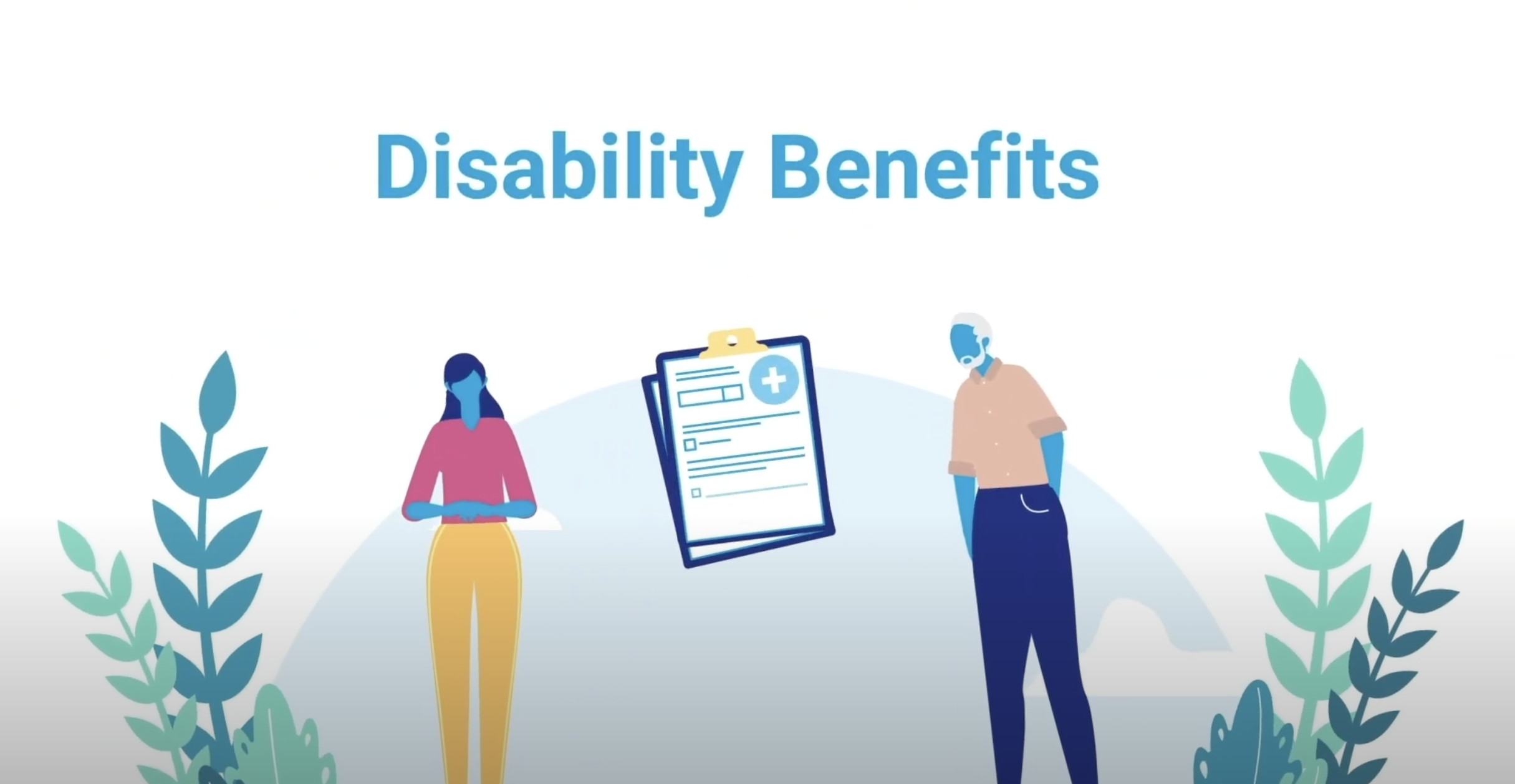If the child of a former participant who has passed away or who is in receipt of a retirement, early retirement or disability benefit is disabled, a child’s disability benefit may be payable if the child is incapacitated, by illness or injury, for substantial gainful employment. The child must be reported to the Fund as disabled by the employing organization at the time of the former participant’s separation from service. A request for a child disability benefit should be directed to the Staff Pension Committee of your former employing organization, which also decides on child disability cases. You will be required to provide a medical report from the child’s treating physician on the nature of the illness or injury and extent, if any, to which substantial gainful employment is possible. If you make your request more than two years after separation from service, the benefit can only be paid prospectively.
If the child is under the age of 21 at the time of the participant’s separation from service and the participant is in receipt of a full retirement or disability benefit or died in service, a regular child’s benefit will be paid under Article 36(a) of the Fund’s Regulations. The regular child’s benefit will cease at the time that the child turns 21 and a determination of eligibility for the child’s disability benefit will be made at that time. It will be your responsibility to bring the case of your child to the attention of the Secretary of the Staff Pension Committee of your former employing organization.
If, as a former participant, you are in receipt of an early retirement benefit, a regular child’s benefit is only payable once you have reached your normal retirement age. However, if you have a disabled child, payment of the child benefit can commence at the same time as your early retirement benefit. In such a case, the determination of eligibility for a child’s disability benefit must be made by the Staff Pension Committee at the time of separation, even if the child is under the age of 21.
If a child is awarded a disability benefit, he or she may work in limited circumstances. You or your child should inform the Secretary of the Staff Pension Committee of your former employing organization about the employment, and a determination will be made as to the extent to which the child’s employment may affect the benefit that the child is receiving. The Fund uses specific criteria to determine a child’s ability to sustain gainful employment.
A child’s disability benefit is also subject to periodic review until he or she reaches the age of 55. The benefit may be suspended and ultimately discontinued if a medical report is not submitted on time.






